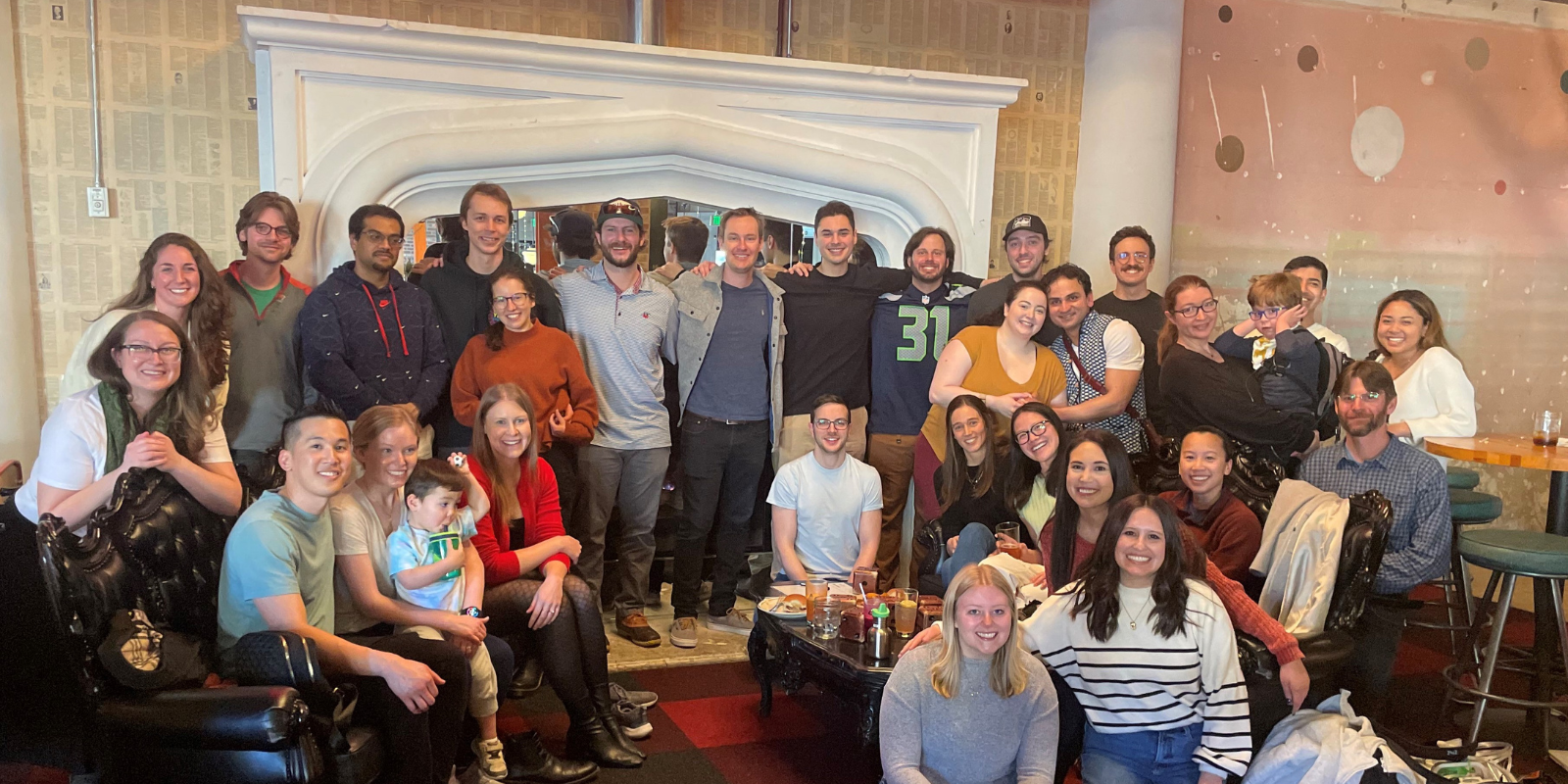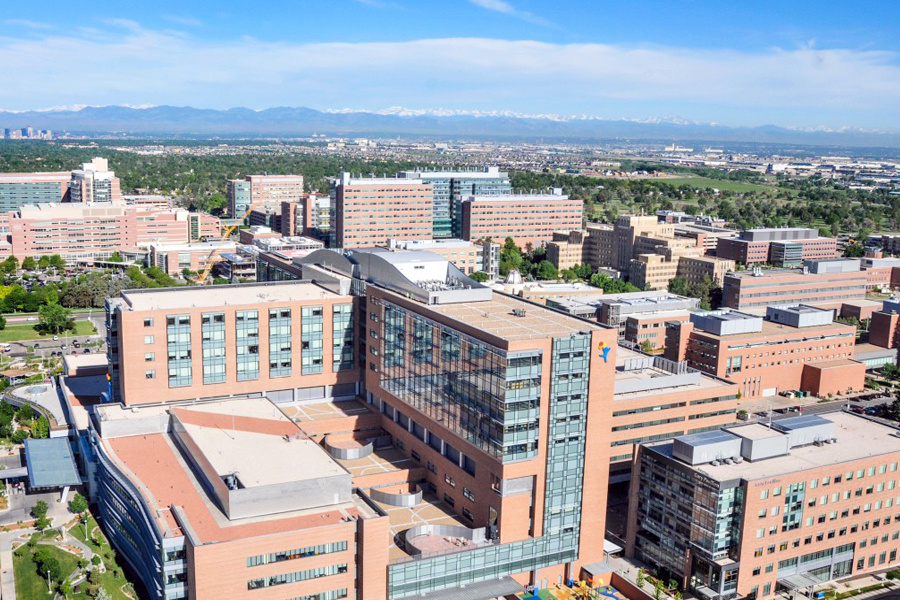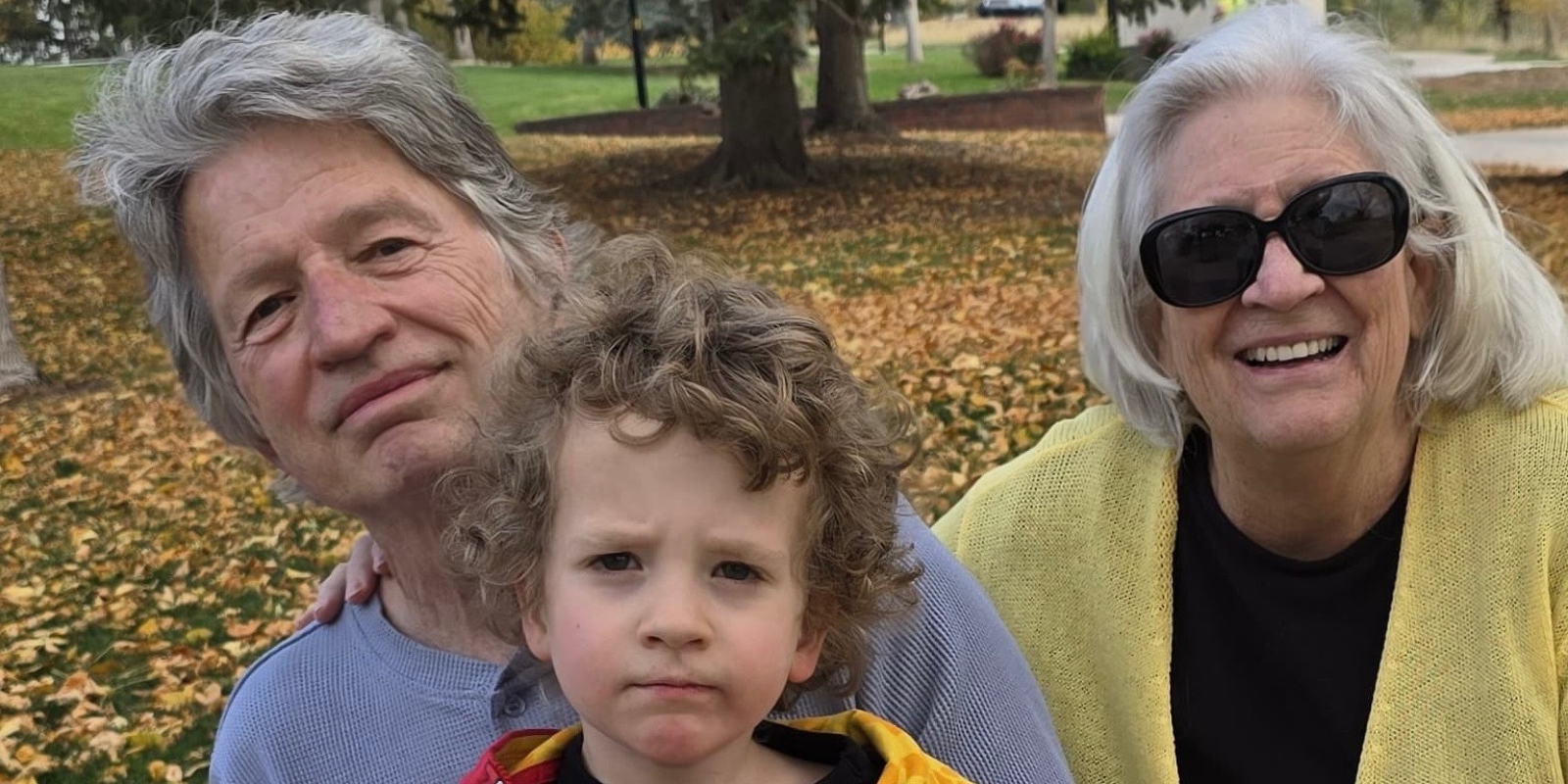Between the long hours they work, the physical intensity of the work they do, and the high stakes of the procedures they perform, surgical residents are at high risk for burnout.
To help mitigate that risk, University of Colorado Department of Surgery residents Christina Stuart, MD, and Alex Harrelson, MD, created a Wellness Committee for surgery residents that emphasizes and advocates for work-life balance and organizes social activities that help residents connect and provide much-needed time away from work.
“The original idea came about as Alex and I were discussing these issues, and we noticed that resident-run wellness programs were popping up at other programs around the country,” Stuart says. “We reached out to several other residents we knew would be interested in helping get this off the ground and formed an unofficial working group. As we began brainstorming, we realized this was a worthy cause that would do better with formal recognition and faculty support, so we approached the administration with a formal proposal that was well accepted and supported.”
Connecting a disparate group
The committee officially launched in spring 2024 and has hosted social events including a barbecue to welcome new residents and an outing to a Colorado Rockies game. The events help to create a sense of community among a group that is physically separated, Harrelson says.
“We’re spread out at so many different sites,” he says. “It’s good for training, not as good for camaraderie. We also want to start more regular activities, like a run club, or having residents who have different hobbies teach classes on that, whether it’s painting or pottery or golf.”
Promoting mental health
The activities are beneficial to staving off burnout, Stuart says, but the Wellness Committee also has a more direct focus on mental health through administrative meetings and advocacy. In addition to its other activities, the group is working to secure a standardized “health half day” twice per academic year. The prescheduled day would be intended for medical and dental appointments, car registration and maintenance, and other time-consuming activities of daily life.
“The key to this being an effective initiative is working closely with programmatic leadership, including residency program directors, administrative chief residents, and class representatives, to integrate wellness initiatives into overall program structure,” Stuart says. “As a group, we feel it’s important to provide a dedicated perspective for wellness and advocate for the development of policies and practices that support resident work-life balance. The Wellness Committee provides a dedicated voice that protects the resident experience.”
Harrelson adds that as leaders of the group, he and Stuart make themselves available to other residents who have mental health concerns they would like addressed.
“We keep our ear to the ground for any comments or concerns from residents,” he says. “Program leadership has very graciously given us a place at the administrative chief meetings and the class rep meetings so we can bring those up. It’s all about ways to improve work-life balance. Surgery is a tough lifestyle, with very sick patients and mentally taxing things that go on day in and day out. Having an avenue to bring those up and having the respect and the listening ear of program leadership has been awesome.”
Keeping a balance
Surgical residents know coming in that their schedules will be tough — and that immersion into a hospital schedule is part of the appeal, Stuart says. But it’s key to make sure those intense activities are balanced out by socially fulfilling down time.
“While we all derive great satisfaction from our time and contributions and truly love the OR and our experiences, they are admittedly taxing,” she says. “We don’t want to take away from these experiences, but rather augment them by providing fun and relaxing activities with our friends.”
Featured image: Members of the Wellness Committee hang out at Punch Bowl Social in Denver.




